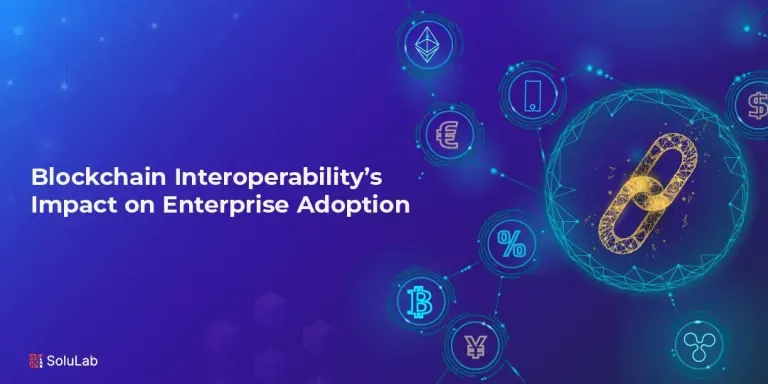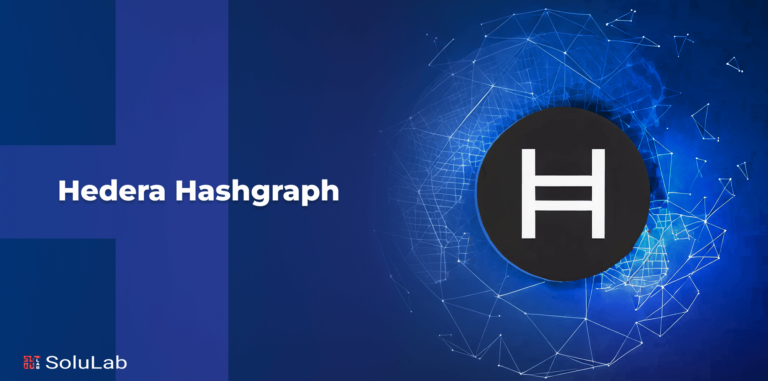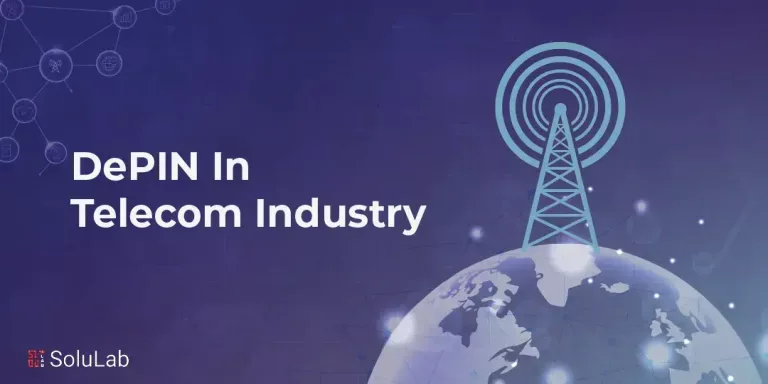
The mortgage industry was brought to the world by Ginnie Mae to solve a major economic crisis. During the Great Economic Depression of the 1920s. During the world economic crisis of the 1920s, people weren’t able to fulfill even the interest requirements of the loans, which was nothing compared to the actual amount of the loan. This led to the formulation of a concept, aka mortgage. The mortgage system allows you to pay some part of your principal and interest over a fixed period to reduce the liability on the borrower and give certain assurance to the lender. The industry has grown to a great extent. People on a large scale take up loans on mortgages to finance big projects like home loans, education loans, etc. The mortgage industry in the US alone is a massive $11 trillion. But that is not it, the mortgage industry is far from the point of saturation but is inefficient in filling the gap.
The Problems associated with the present Mortgage Model
The traditional mortgage model lags in some important aspects, which, if eliminated, can bring substantial growth in the industry altogether. According to a report published by PwC (PricewaterhouseCoopers), on average, a mortgage application is 500 pages long, which becomes a time-consuming process and often leaves huge chances of human errors. The entire flow of the application consists of several parties like brokers, banks, attorneys, underwriters, agents, etc. Which, in turn, increases the cost and also often ends up accumulating a period of 45-60 days. These setbacks have an undue influence on the growth of the mortgage industry as it increases the resistance of people against it.
The Solution
How can the mortgage industry become more efficient? The answer is Blockchain. Blockchain is a decentralized network built on a distributed ledger and fueled by the concept of Smart Contracts. Inducing this in the financial system has already brought out astonishing results, and now it is time to take it up a notch. Blockchain, which took the form of Bitcoin in the initial years, has broadened its scope to almost all the sectors promising a brighter future for each one of them conditioned to the lawful and ethical use. Blockchain, as we know of it, is an immutable chain of blocks stored by hashing, making it harder to break down the system. Of course, it is possible, but then it stands on stronger ground than the existing system of networks.
Problems will it solve for the mortgage industry?
Innumerable problems can be solved with Blockchain as an intimate part of the system. When we talk about mortgages similarly, blockchain networks can build a more soothing and accurate model for it. The Blockchain network is essentially a network of nodes associated with it. So instead of the data stored with the only party, it is locally stored at every node. We are going to discuss some crucial issues that can be potentially solved with the help of blockchain.
Maintenance of Documents and Streamlined Bookkeeping
When applying for a mortgage, there’s a ton of paperwork that needs to be done, and more importantly, has to be checked and approved by all the intermediaries thereafter. Now obviously, the exchange of these articulate paperwork is done via emails or fax, which is bound to take a handful amount of time as it gets exchanged from one party to another. The next obstacle is the inconvenience in updating the documents as per the suggestion of the involved parties and thereafter, maintain a record of those updates and also the recipient and provider of the same. It also opens gates to human errors in addition to being cumbersome.
This can be replaced by inducing blockchain where every party can access the documents using a digital ID, and the changes thereafter will not only be updated automatically but also can be tracked without a hiccup. As blockchain is a distributed ledger, all the parties will have access to the documents when and where needed. In essence, instead of having the documents in the hands of a single party, all the parties have access to them. This eliminates the traditional handoff process.
The added advantage here is that the changes get updated automatically and are easily traceable to enhance the reversibility of errors. They fill the loopholes that often are existential to the human bookkeeping process and make the process more streamlined and saves time.
Lower Costs
Whenever the application process of mortgage takes off, it often deals with a lot of intermediaries in the life of it. So say that every intermediary charges 1% on the amount of loan, and we assume there are six intermediaries involved, this means you are paying an up to 6% of your principal just to get the mortgage sanctioned. 6% of a huge amount is heavy. The middlemen involved couple is appointed for legal documentation, reaching out to prospective lenders, drawing up the paperwork, etc.
These roles can be replaced with the help of Blockchain and thereby reducing the costs you incur on these services.
Blockchain can eliminate the roles of intermediaries by matching the borrowers and lenders and streamlining the process further with the induction of smart contracts. This saves your substantial costs and reduces your liability. According to a report by Moody, the consumers can save up to $1.7 billion of the consumers altogether.
Smart Contracts
A smart Contract is a self-executed contract written in lines of codes. With the help of smart contracts, you can initiate the terms and conditions of an agreement into a code, meeting which the agreement will be executed after taking digital signatures from the involved parties to confirm the sanctioning of the mortgage. You can also write conditional codes in order to avoid further discrepancies; for example, you can initiate a refund of the payment if a certain condition is not met as prescribed in the agreement.
If all the conditions prescribed in the smart contract are met, the mortgage can immediately go through, and the parties will be updated in real-time regarding the payments and repayments.
The execution of Smart Contracts can also be used in other ways to potentially reduce the timeframe of the sanction and further instalments. It also makes it easier to track the various aspects and changes in the smart contract.
The execution of the trades and approvals of paperwork over a smart contract makes the process more streamlined, makes the validation mechanism easier and recording perceptual, thereby excluding the costs incurred in it.
Saves Time
This one is pretty obvious. If we integrate all the points discussed above, we can confidently say that these applications of the blockchain process reduce the time of the entire process. As mentioned before, a normal application process takes about 45-60 days to get approved. This is primarily because of the many intermediaries involved in the process that ends up taking an enormous waiting period.
However, blockchain induces the aforementioned characteristics into the network, which directs the borrowers and lenders that appropriately meet each other’s profile. The updates and payments are made on a real-time basis hence increasing the transparency even further.
Also, with no middlemen involved, the transparency increases even further because the time frame reduces significantly, as there is no accumulated paperwork and reduced processing time.
More Secure
The first and foremost reason that makes the blockchain network more secure is the traceability that comes with it. Blockchain records are immutable; that is, if a piece of information is entered into the system once, it cannot be removed without deleting the entire blockchain, which is very rare. Therefore all the changes made into the data that you have provided are recorded with all the other required details.
As a result of this phenomenal feature, you cannot forge records or enter fake details because you most likely do not have any access to the information which you plan to manipulate.
The gaps of human defaults are also filled, and even if a fraud takes place, it can easily be traced back to the origin, and the offender can be taken into charge.
Owing to this, Blockchain reduces the possibilities of frauds, which are very frequent in the mortgage industry.
Conclusion
The world is constantly on the mode of change and moving progressively towards success, the blockchain in the mortgage industry is still in its infancy but is trending and spreading its arms to reach a potential height of success and change the innate flaws of the mortgage industry and driving it towards success to reach the areas where haven’t been discovered yet by the existing trends in the industry. However, it is indeed a milestone because it takes a lot of effort and time, and yes, an initiative to inflict the use of blockchain into the industry. The entire system of blockchain is very secure but still is not invincible and needs to address any security breach that may coexist with it
A lot of people are not aware of the possible outcomes that blockchain has and will bring to the modern world. And with that comes resistance to adapt newer and trendier methods to fulfil various needs. But like the internet became a necessity for people after facing various objections in the initial phase, this will too, but it needs time to prosper the mortgage industry. These new decentralized platforms are making it simpler for people to access loans for all purposes. Likewise, the time and cost savings realized by lenders will be significant.




